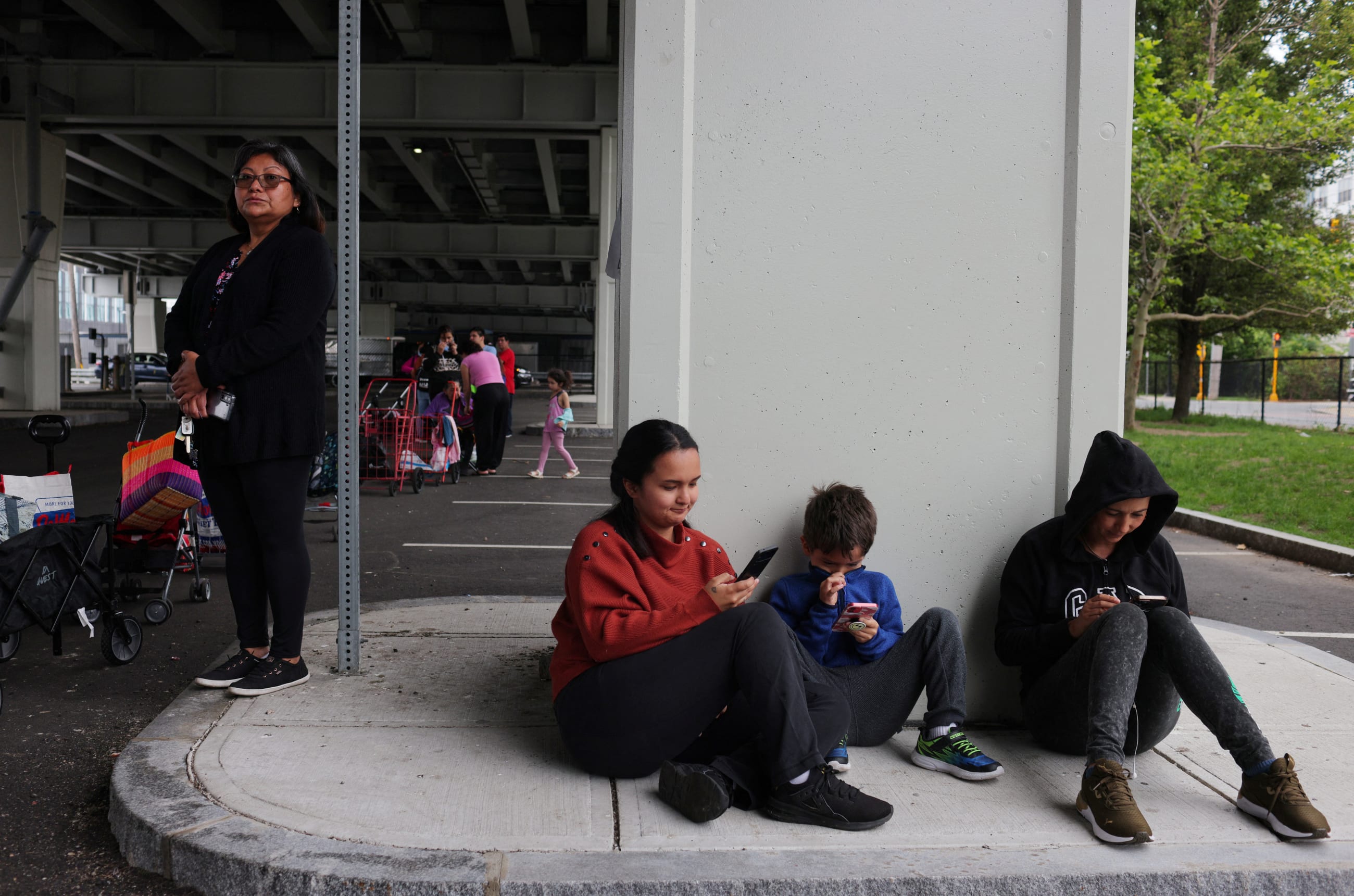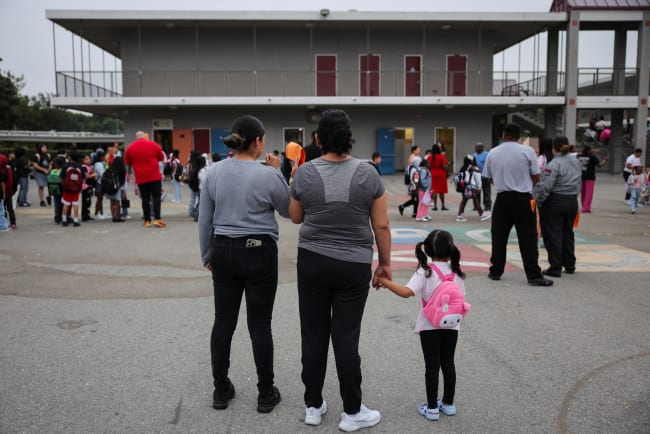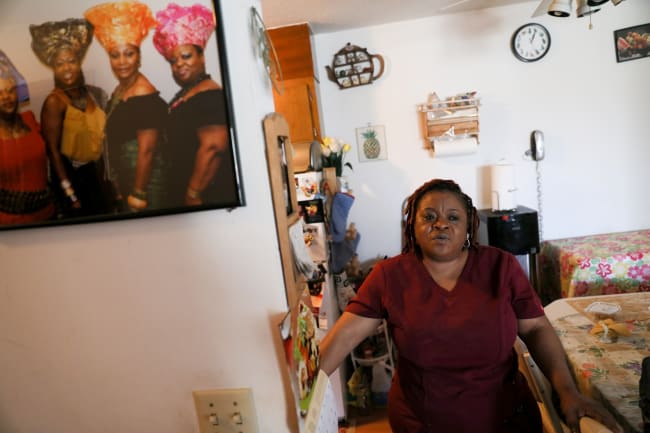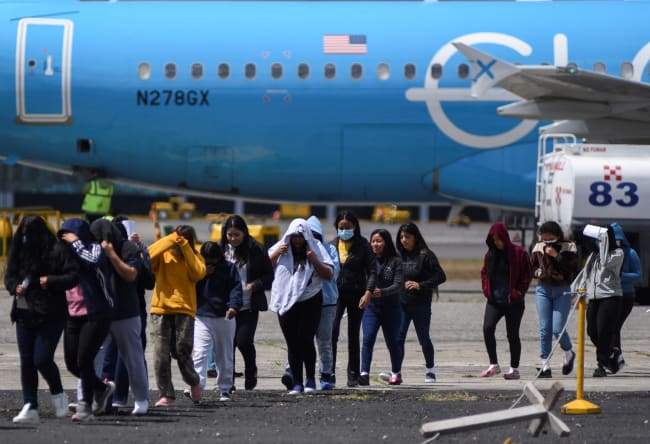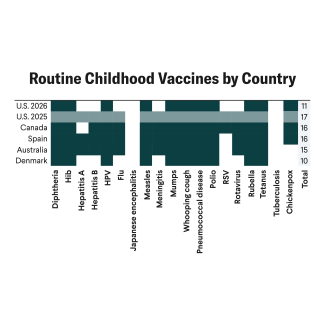Growing up in Boston, where culture is embedded in innovation and technological advances, Pedro Borges, a second-generation immigrant from Brazil, always noticed a problem for Latinos. The twenty-two-year-old felt that Latino families were underrepresented in technology-related fields even though they drive population growth and are making vital contributions to the city's economy and culture.
Challenges to access higher education and limited English proficiency hinder the Hispanic population in Boston from accessing highly skilled jobs such as those offered in the science, technology, engineering, and math (STEM) fields. Today, more than 20 percent of Boston's population is Latino. As Boston progresses and expands, the Hispanic community is only growing. Latino population growth accounts for 92 percent of Boston's increase in population since 1980. Yet Latino communities make up only 6 percent of Massachusetts' STEM workforce according to state data—and Boston is New England's epicenter for tech employment.
On learning of this reality in Boston, Borges, who graduated from Brown University with a degree in computer science last May, has been fighting to change this situation. "I remember walking into my first computer science class in 2019, in college, and thinking, there are no Latinos here," he said.
He knew that he had to change this reality so that he and other Latinos could enter the technology workforce like anyone else. So, in 2021 he applied as a software development intern to Duolingo, an educational technology company that creates learning apps and provides language certifications.
I remember walking into my first computer science class in 2019, in college, and thinking, there are no Latinos here
Pedro Borges
Duolingo's CEO and founder, Luis von Ahn, happens to be a Latino as well. "I wanted to work somewhere where I was contributing to a cause that I cared about. Seeing that Duolingo prioritized diversity and equity made me feel that I belonged there and that my presence would be valued. After all," Borges added, "it was founded by another Latino."
Being exposed to the reality of the most vulnerable communities of his native Guatemala motivated von Ahn to enter the education sector. After much thinking about what to develop, he came up with the idea of designing a totally free, easy-to-use application that offered users the option to learn English.
"Given the years I have been in the United States and realizing that still some Hispanics can't speak English, it seemed like an excellent idea for me," said von Ahn, winner of the $500K Lemelson-MIT Prize for his inventions in global computer technology.
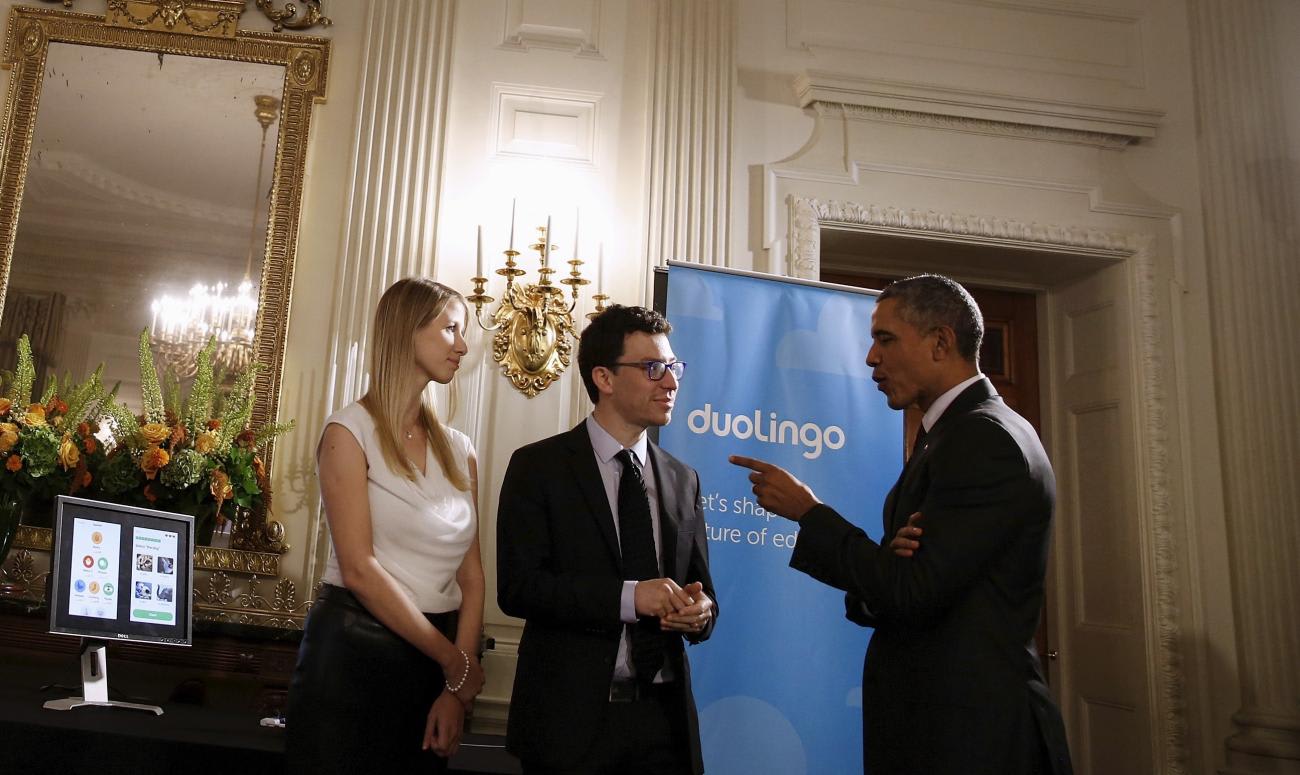
Borges says that while at Duolingo he realized that learning English can boost your income level because it opens many opportunities in terms of job prospects.
For example, after his internship, Borges joined Duolingo's Thrive program, which helps people from vulnerable communities enter the STEM industry full time.
Borges mentions that among his accomplishments at Duolingo, their Spanish-to-English and Portuguese-to-English courses are some of the most popular, having approximately forty-six million subscribers, according to its website. "We focus on them so that they will continue to improve," Borges says.
The key is finding someone to look up to. An example is Borges, who always admired Von Ahn. "I'm passionate about Duolingo's mission of providing free access to language learning so that the lack of money or access to good schools is not a barrier to learning English," Borges says.
Borges plans to continue growing at Duolingo and ultimately open doors for Latinos to enter careers in technology. "To see my community successfully incorporated in Boston is a dream of mine."

